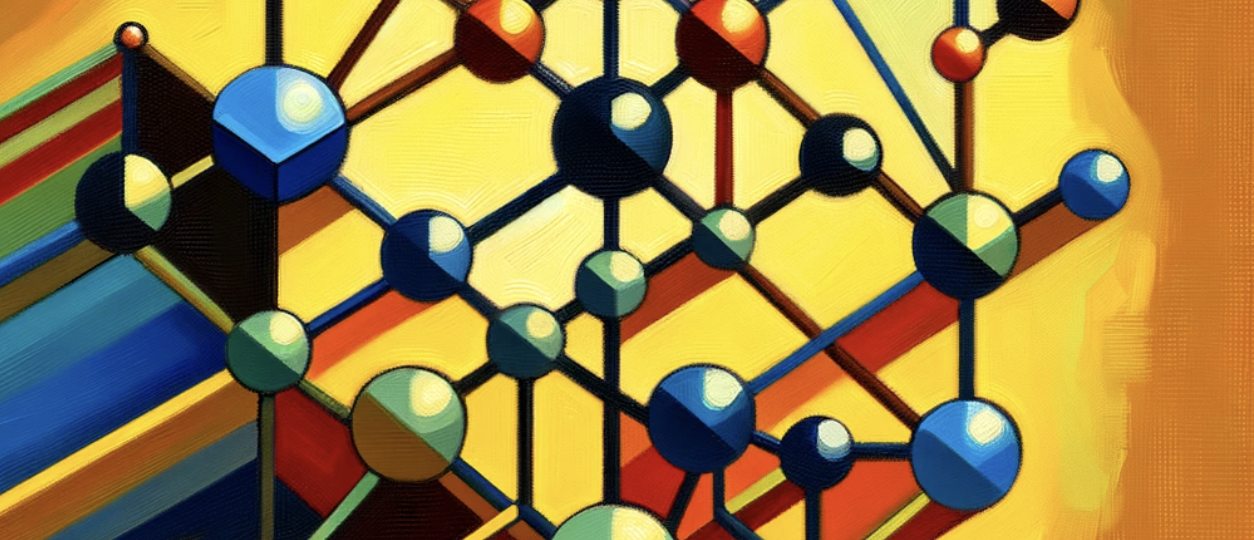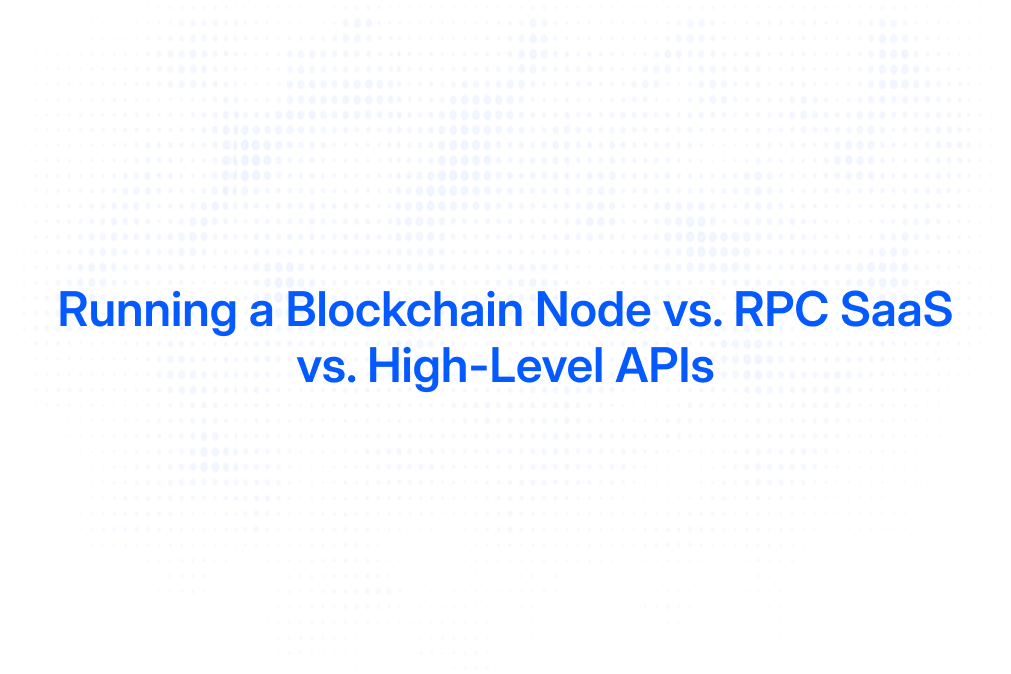Web3.0: Revolutionizing Internet Interaction
James Liu

Web3.0, also commonly referred to as the semantic web or the intelligent web, denotes a predicted third generation of the world wide web. This prospective stage of internet evolution promises to fundamentally transform the way we interact with data online, facilitating a more personalized and intuitive web experience informed by artificial intelligence and machine learning technologies.
Unlike Web 1.0 (read-only web) and Web 2.0 (read-write web), Web3.0 is often characterized as the “read-write-execute” web. This means that beyond surfing web pages or contributing content, users with Web3.0 can feasibly execute programs online which were traditionally limited to their local machine. Furthermore, Web3.0 envisions a global network where data is linked up and processed logically by computer algorithms.
One of the core components of Web3.0 is semantic technology, which deals with the meaning and context of data rather than merely the data itself. Here, data is defined in terms which are comprehensible by machines, thus enabling automated reasoning and decision making. This has significant implications on how we search for information online, leading to more precise results tailored to individual contextual need.
In terms of user interface, Web3.0 aims to provide more adaptable and personalized browsing experiences. This includes loading website content dynamically based on user preferences and behaviour, thereby increasing relevance and reducing information overload. Furthermore, driving intelligence into web interactions may also open doors to a more collaborative and immersive environment, paving the way for concepts like virtual reality.
Web3.0 also brings the concept of decentralization to the fore, rejecting the traditional model of data being controlled by a handful of powerful entities. Blockchain technology and cryptocurrencies are integral to this vision, supporting the development of distributed applications (dApps) which function without the need for intermediaries or centralized servers.
Although Web3.0 holds great promise, its implementation is not without challenges. Given that machines are expected to understand and interpret data in human-like manner, issues like semantics, natural language processing (NLP), and data privacy and security come into play. Furthermore, developing this technology requires considerable computational power, robust algorithms, and a standardized approach to uniformly classify and link web data.
To conclude, Web3.0 is a glimpse into a more intelligent, dynamic, and decentralized web. Its successful implementation, while not immediate, has the potential to revolutionize the space of digital communication and information processing. It draws us closer to a future where the web is not merely a warehouse of information but an intuitive, collaborative platform capable of understanding and serving individual needs.
Let's bear in mind though that as we covet this envisioned future, it's vital to concurrently address the inherent challenges to ensure that the development of Web3.0 ultimately benefits all stakeholders - from individual users and small businesses to large companies and governments alike. The key towards realizing Web3.0 lies not just in technical progression but in addressing the social, ethical and economic implications that this evolution brings with it.
.svg)


.png)



